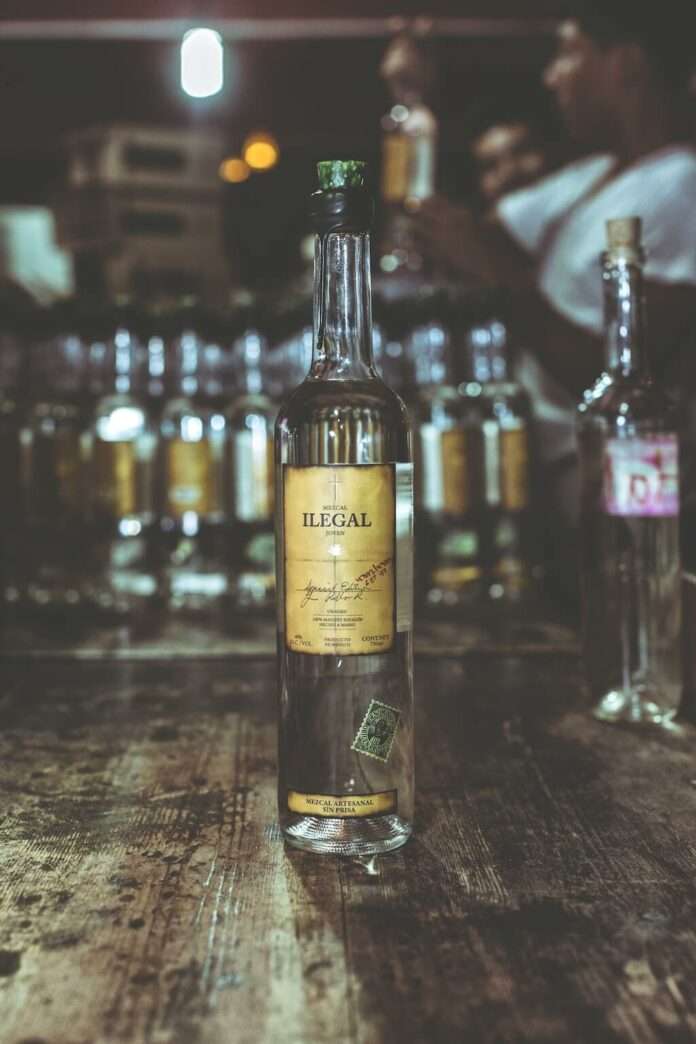Ilegal Mezcal is charting a new course for one of the most popular spirits by doing things the old-fashioned way: slow, sustainable, and with a community ethos.
In the sea of mezcal brands, Ilegal Mezcal stands out even though there are no celebrity endorsements or million-dollar marketing campaigns. What sets Ilegal apart? Its commitment to sustainability and social justice. And the proof is in the numbers: the brand has emerged as the number two mezcal by volume and the first by brand recognition in the U.S. — and it has achieved this growth without sacrificing its core values.
Founded by John Rexer in 2004, Ilegal Mezcal started as a solution to a supply problem. Rexer brought mezcal from various villages in Oaxaca to supply his bar, Café No Sé, in Antigua. As the demand for the mezcal grew, Rexer started bringing more bottles across the border from Mexico to Guatemala. However, almost no mezcals were certified for export at that time. To solve the problem, Rexer got creative and began bringing the mezcal across the border. This informal start led to the birth of the Ilegal brand.
The brand’s name, Ilegal, is a nod to its beginnings. But more significantly, it expresses the brand’s stance on issues around immigration, equal rights, and freedom that are important to Rexer and the people he works with.
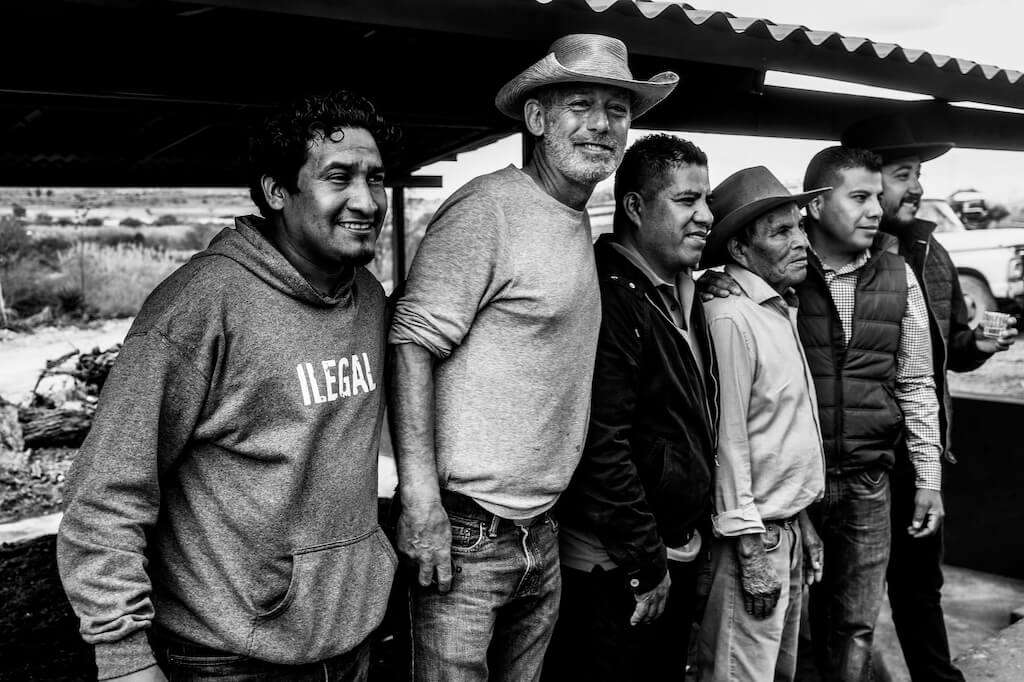
Ilegal has created more than 125,000 jobs. And in 2016, its “Donald Eres Un Pendejo” (Donald, you’re an asshole) guerilla marketing movement gave back to an at-risk Mexican community, giving a voice to a community standing against Donald Trump in the 2016 election.
For Rexer, sustainability and ethical production have been essential from the beginning. He fell in love with Oaxaca’s beauty and the communities that make mezcal, and he wanted to create a positive impact. Ilegal’s commitment to preserving and fostering biodiversity and economic sustainability has been part of the brand’s DNA from the start. Ilegal only uses 100 percent sustainable Espadin agave in its mezcal.
Ilegal recently announced that its bottles are now made from 100 percent recycled glass — a move that came not only because of the company’s sustainability commitments but as a response to the global glass shortage in early 2022.
We caught up with Rexer via email to learn more about Ilegal and how it’s working to protect the communities it works with while providing a superior product.
Ethos: What was the inspiration to start Ilegal?
JR: Around 2004, I began bringing mezcal down from Oaxaca to Antigua to supply my bar, Café No Sé. It quickly became very popular, and I started bringing down more and more, from a variety of villages in Oaxaca including Tlacolula, San Lorenzo, Sola De Vega, Santa Catarina Minas, Hierve el Agua, Santiago Matatlan, and a few others.
At the time, almost no mezcals were certified for export. This wasn’t an issue when I would take just a few bottles, but when trying to bring 50, or 100 bottles, things got interesting — to say the least. We got creative with how we brought not-so-legal mezcal from Mexico into Guatemala. I was a bar owner with a supply problem, and this was the informal start of the Ilegal brand.
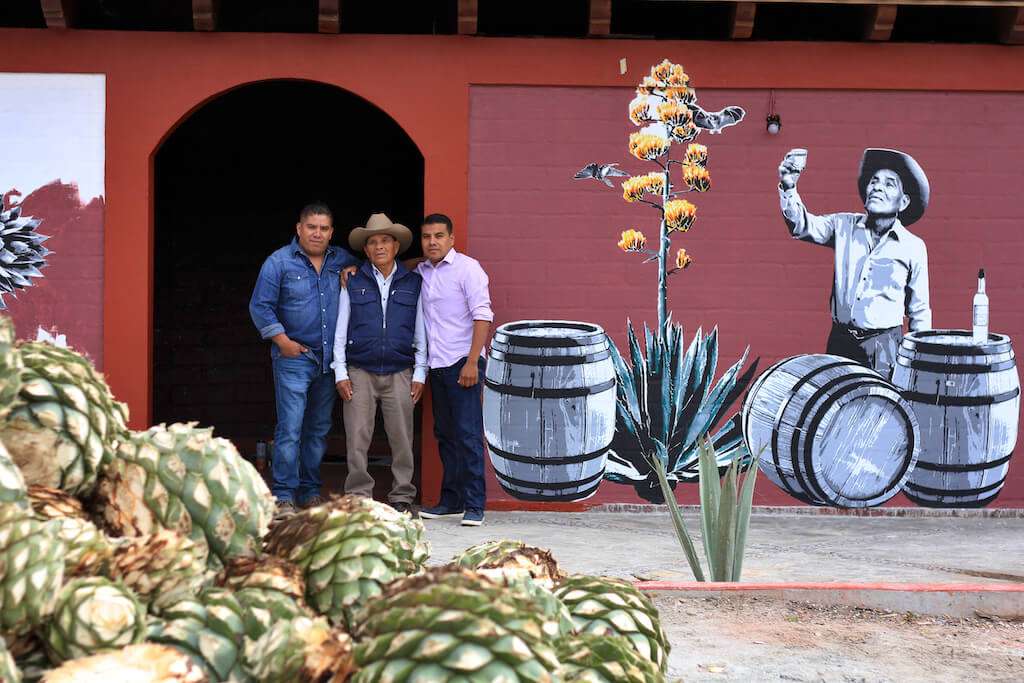
As an ode to this, on the back of each bottle you’ll find it says, “Originally produced for: Café No Sé, Mezcal Bar.”
We’ve of course become a legal operation since then and you can find Ilegal available globally now. The name Ilegal is a nod to our beginnings, but more significantly expresses our stance on issues around immigration, equal rights and freedom that are important to me and the people we work with.
Ethos: Why was a sustainable and ethical mezcal so important to you?
JR: I fell in love with Oaxaca many years ago, the beauty of the countryside and the communities that make mezcal. It was very important to me that as we grew a business we were a positive force.
I wanted to set an example, one that demonstrated our values and spoke to how we are all linked together. From the beginning, we focused on preserving and fostering biodiversity as well as creating economic sustainability. Economic sustainability, paying fair wages, and creating long-term employment, goes hand in hand with environmental concerns because it encourages taking the longer view and not cutting corners.
It starts with agave cultivation: we use only 100 percent sustainable Espadin agave, and plant agave using both seeds and rhizomes. This helps promote the strength of the plant against disease.
Additionally, we use certified sustainable wood from the local communities in the cooking and distillation process. In terms of packaging, our bottles are now made from 100 percent recycled glass and our shipping boxes are made with recycled cardboard. Our goal is to constantly assess how we can continue to improve.
Ethos: What criteria are you benchmarking with?
JR: We measure against several criteria including:
- Are our distiller partners paying above-average salaries
- The retention of their employees
- Ancillary employment created around the production facilities
- The quantity of agave replanted by the growers who supply our brand
- The size of the area that is left for biodiversity (unplanted area)
- The repurposing of bagazo and vinazas (leftover fibers and liquid waste after distillation)
We benchmark our success not just by the number of cases sold, but also by our partners, as well as community and environmental impact. The new Ilegal bottles you see on the shelves are made by the family-run business Fusion y Formas, which recycles 10,000 tons of glass annually at its facility in Jalisco, Mexico. Building sustainably and scaling responsibly is a key benchmark for us.
Ethos: Your products are made ’Sin Prisa’ – how small are the batches? What’s the lifecycle of a production run look like? How does the process compare to bigger manufacturing processes?
JR: Our process is 100 percent artisanal and certified artisanal by COMERCAM as artisanal:
- The growing cycle for our agave averages 7 years
- Our production cycle for Joven (unaged) is one month plus an additional one to two months to let the mezcal rest before we bottle.
- Horse-drawn tahonas (mills) to crush the agave.
- Natural Airborne Fermentation is 8-12 days
- We use multiple small (200-250 liter) copper stills in our production
- We then combine those small batches
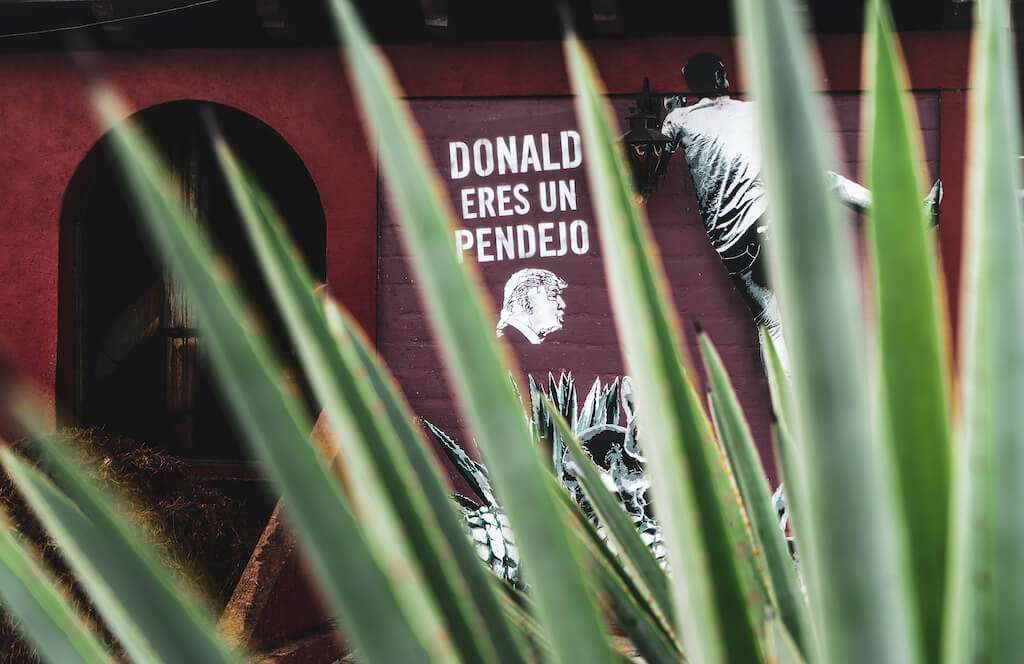
The more industrial mezcals (those not certified as artisanal or ancestral) can be produced in very short time periods and very large quantities due to a process that mirrors large commercial tequilas in many ways (think large autoclaves for cooking and column stills).
Ethos: Can you talk about the organizations you support? How do you decide which to partner with?
JR: We believe that at the door of your business, your values should be exemplified and defended. Ilegal donates all profits from our merchandise sales, and dedicates a large portion of our events programming to supporting our partner organizations.
These are organizations working to affect social change for the better, by protecting and championing marginalized groups, including El Patojismo, wayOUT, Team Brownsville, Planned Parenthood, Compton Cowboys, the Marsha P. Johnson Institute, and the USBG Relief Fund.
Ethos: What causes are most important to the brand and why?
JR: We are guided by the simple philosophy of Love Your Neighbor. Ilegal Mezcal is a company comprised of people from an array of ethnicities, cultures, and sexual orientations. Issues of immigration, the refugee crisis, gender discrimination, racism and xenophobia directly impact us, our families, and our friends.
I’m particularly proud of our work with El Patojismo in Jocotenango, Guatemala. Its founder, Juan Pablo Romero Fuentes, created the school to provide local children with a safe environment to thrive and acquire interdisciplinary skills to help initiate change within their communities. We recently helped complete a new school for hospitality.
Ethos: Ilegal also supports independent musicians. Can you speak to why that is a touchpoint for the brand?
JR: I have always loved live music and grew up around entertainment. My father was a dancer, choreographer, and later an agent for all sorts of talent. There are so many creative souls out there and with a little support and encouragement, the diamonds in the rough emerge.
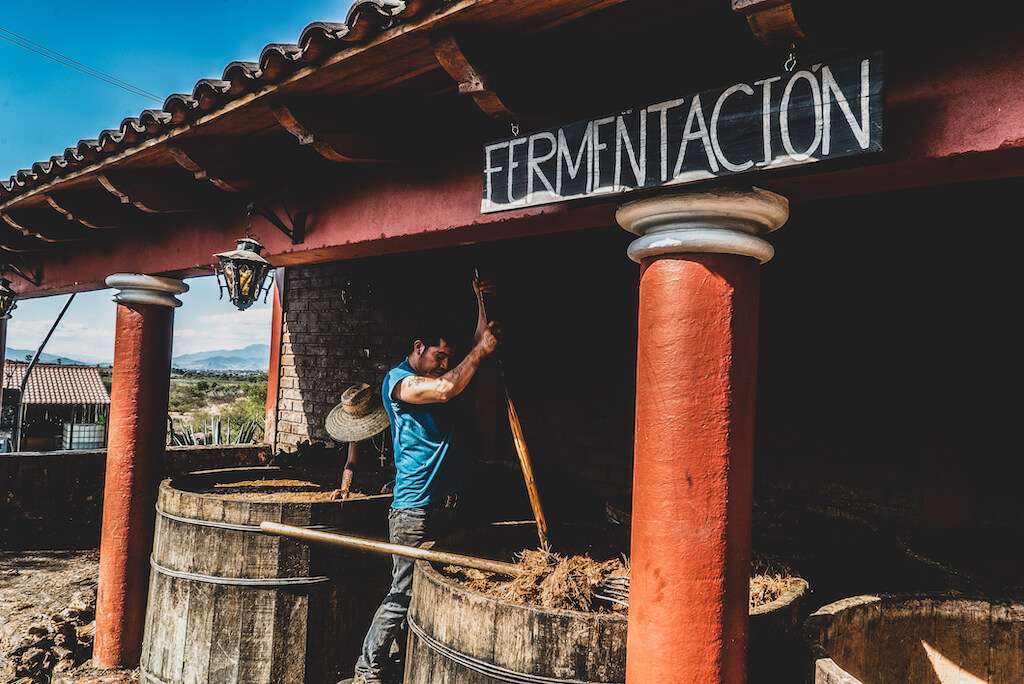
I developed Ilegal Mezcal in my bar, Café No Se in Antigua Guatemala which has live music 365 days a year. It is not a stretch to connect a great spirit, Ilegal, and music — and to support the creativity that comes from the union. Our support of independent musicians is a continuation of our roots.
Ethos: You’re up against stiff competition in a crowded category, including celeb-backed brands with star-power sway. How does Ilegal differentiate itself?
JR: “No Celebrities, Just Damn Good Mezcal” is one of our slogans. I believe if we stay true to who we are, which means making high-quality artisanal mezcal, being transparent, supporting the communities where we operate, fighting for sustainability…well, we will do just fine.
I don’t really look at what others are doing that much. I just try and stay true to doing it “right”, keep creating and keep having fun, and never forget all the people involved, from the growers of agave and all our partners in Oaxaca to those enjoying Ilegal at a bar.
Ethos: What’s your favorite way to drink Ilegal?
JR: I generally enjoy Ilegal Joven or Reposado neat and at room temperature. Lately, I’ve been sparingly sipping our 7 Year Añejo, of which we only made 35 barrels. There’s growing interest in aged mezcal, but many don’t know that mezcal has been aged in small batches since the 1700s. With our aged portfolio, we’ve aimed to prove that reposado and añejo mezcals deserve a spot on your shelf alongside the finest aged spirits.
Related on Ethos:

